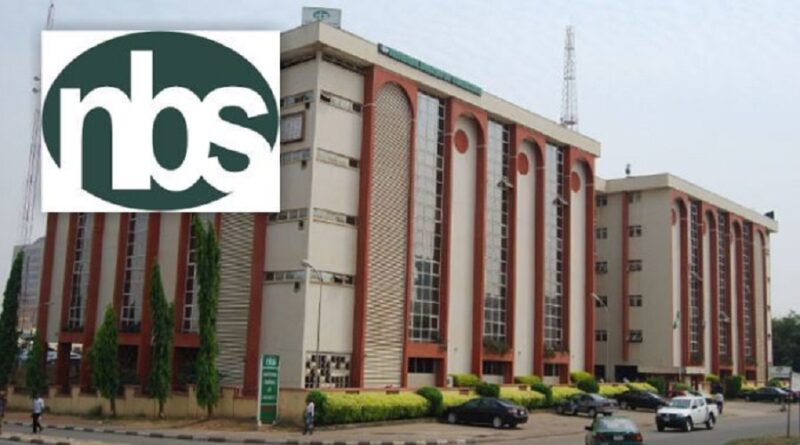CBN Links Nigeria’s High Inflation to Surging Food Prices, Vows Action
The Central Bank of Nigeria (CBN) has identified rising food prices as a primary driver of the country’s persistently high inflation rate. Speaking on the issue, CBN Governor Yemi Cardoso emphasized that food inflation continues to play a significant role in the overall economic challenge.
According to recent data from the National Bureau of Statistics (NBS), Nigeria’s inflation rate reached 33.88% in the fourth quarter of 2023. The food inflation rate was even more alarming, peaking at 39.16%, highlighting the strain on household budgets across the nation.
Several factors have been attributed to the spike in food prices:
Rising Energy Costs: Escalating energy expenses have increased the cost of food production and transportation, affecting prices across the board.
Supply Chain Disruptions: Challenges in the agricultural sector, including logistics and distribution bottlenecks, have led to food shortages and price hikes.
Seasonal Variations: Seasonal demand fluctuations, particularly during festive periods and planting seasons, have further exacerbated food price volatility.
In response, the CBN has reaffirmed its commitment to addressing inflationary pressures, particularly within the food sector. Governor Cardoso stated that targeted interventions in agriculture, improved supply chain management, and a focus on reducing energy costs are among the measures under consideration to stabilize prices.
The inflation crisis has sparked widespread concern among Nigerians, with many households struggling to cope with the rising cost of living. Analysts have urged a multi-sectoral approach to tackle inflation, involving both fiscal and monetary policies aimed at boosting productivity, improving infrastructure, and reducing economic vulnerabilities.
The CBN’s pledge to prioritize inflation control is seen as a crucial step in restoring economic stability and easing the financial burden on citizens.

